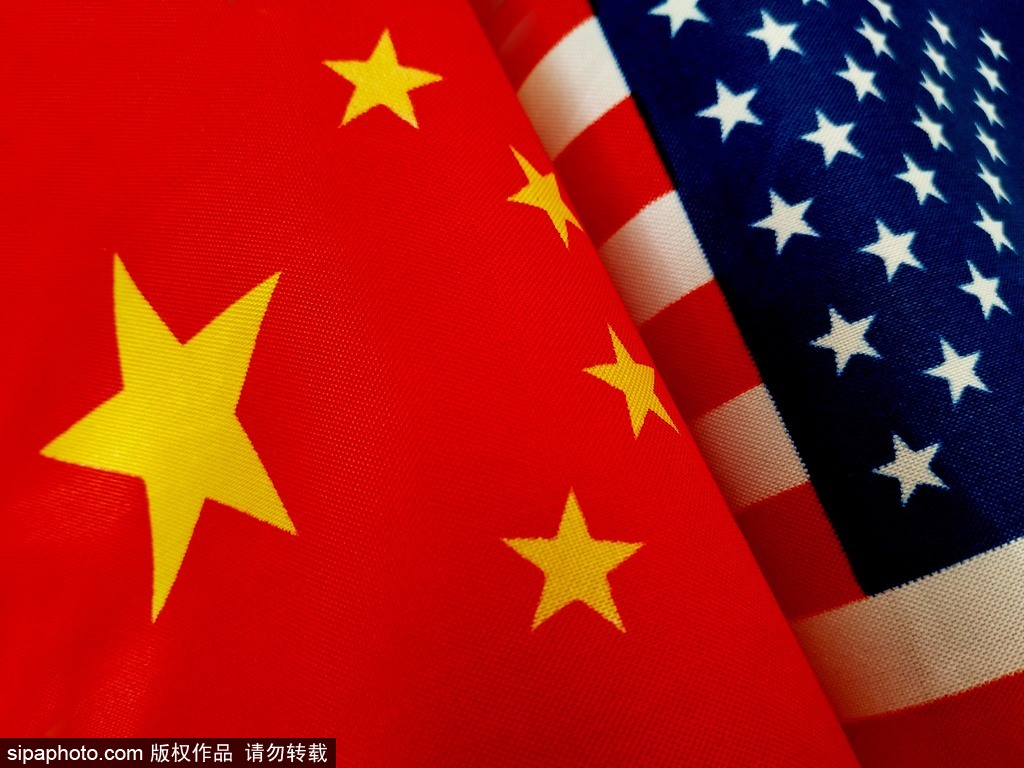Sino-US cooperation imperative amid global turbulence
By Zhu Feng | China Daily Global | Updated: 2024-01-16 09:17

We're just a little more than two weeks into 2024, and global upheaval and unrest drag on.
A magnitude 7.6 earthquake struck the Noto Peninsula of Japan's Ishikawa Prefecture, causing a tsunami on Japan's west coast and in neighboring South Korea. Explosions that targeted civilians in Kerman, Iran, killed nearly 100 people. The Democratic People's Republic of Korea and the Republic of Korea fired artillery rounds into their maritime buffer zone, further raising tensions between the two sides. Retaliatory strikes between Russia and Ukraine keep adding to casualties.
With the specter of an even more chaotic, high-strung and violent 2024, the United States and China, the world's largest and second-largest economies, respectively, need to show resolution and responsibility to push China-US cooperation to a new height.
Sino-US relations weathered twists and turns in 2023. Despite the "balloon" incident, Tsai Ing-wen's "transit" trips through the US, the visit to the Taiwan region by a US congressional delegation, and other events, China has insisted on the kind of China-US relations defined by mutual respect, peaceful coexistence and win-win cooperation.
China and the US have resumed high-level dialogues and official visits. The meeting between the leaders of the US and China on the sidelines of the APEC Economic Leaders' Meeting in San Francisco in November fostered what has been called the "San Francisco vision", opening new space for managing conflicts and stabilizing relations.
Looking back at 2023, in the face of China's stable economic growth after the COVID-19 pandemic, Beijing's flexible responses to Washington's containment efforts, the prolonged Ukraine crisis, the intensification of the Israeli-Palestinian conflict and other international tensions and turbulence, the administration of US President Joe Biden needs to seek alternatives in order to stabilize the China-US relationship within the framework of strategic competition. Although no substantial progress has been made in Sino-US ties, the Biden administration has repeatedly stressed peaceful coexistence between the US and China.
The "San Francisco vision "marked a breakthrough in China-US relations in 2023. To start with, there has been pragmatic cooperation between China and the US. In terms of global affairs, the leaders of the two countries have reached consensus on climate change, artificial intelligence governance and nuclear power control and regulation. This reveals positive notes from both sides to deepen cooperation, provide public goods for the international community, and promote world peace, prosperity and sustainable development.
Furthermore, with respect to stabilizing and managing China-US relations, President Xi Jinping and President Biden have agreed to resume military communication and to maintain dialogues between the two governments. This not only marks the imminent resumption of exchanges, communication and cooperation between the Chinese and US militaries after a hiatus of nearly four years, but is also conducive to increasing mutual trust and jointly managing and responding to unforeseen incidents that might arise during encounters between ships and aircraft of the two sides.
The resumption of exchanges and dialogue between the two militaries has always been a "guardrail "that the Biden administration has emphasized as indispensable to the US-China relations. However, the US alone cannot decide how to set up the "guardrails". The final decision of the San Francisco summit to resume dialogue and exchanges between the two militaries reflects a new height of consensus between the heads of state.
In addition, it was also agreed during the San Francisco summit to establish a negotiation mechanism for the resumption of normalization of trade and market ties between the two countries, through the establishment of special working groups and further strengthening communication and consultation on economy and trade. This signals constructive progress in China-US relations in the context of the Biden administration's further intensification of the technology, trade, market and digital wars against China since Biden took office.
Finally, in the field of social and people-to-people exchanges, it was further agreed at the San Francisco summit to resume and strengthen people-to-people exchanges, jointly manage narcotics control, simplify visas and increase the number of flights between the two countries. The "San Francisco vision" once again demonstrates the irreplaceable and strategic leading role of the summit between the two countries in handling and developing China-US relations.
However, 2024 will not be an easy year for the bilateral ties, due in part to factors such as the leadership election in the Taiwan region and the US presidential election in November. At the conference to commemorate the 45th anniversary of the establishment of diplomatic relations between China and the US, Foreign Minister Wang Yi said that China-US cooperation is not something dispensable or optional, but rather is "a compulsory question that must be addressed in real earnest".
At the San Francisco summit, President Xi proposed that the two countries build "five pillars" to support stable, healthy and sustainable relations. China and the US should not only accurately interpret each other's domestic and foreign policies but, more important, should also deepen their cooperation in accordance with the consensus reached by the leaders of the two countries. Creating mutually beneficial and cooperative relations between China and the US is a test for both countries.
The author is executive dean and a professor of the School of International Relations at Nanjing University, and the article was contributed to China Watch, a think tank powered by China Daily.
























